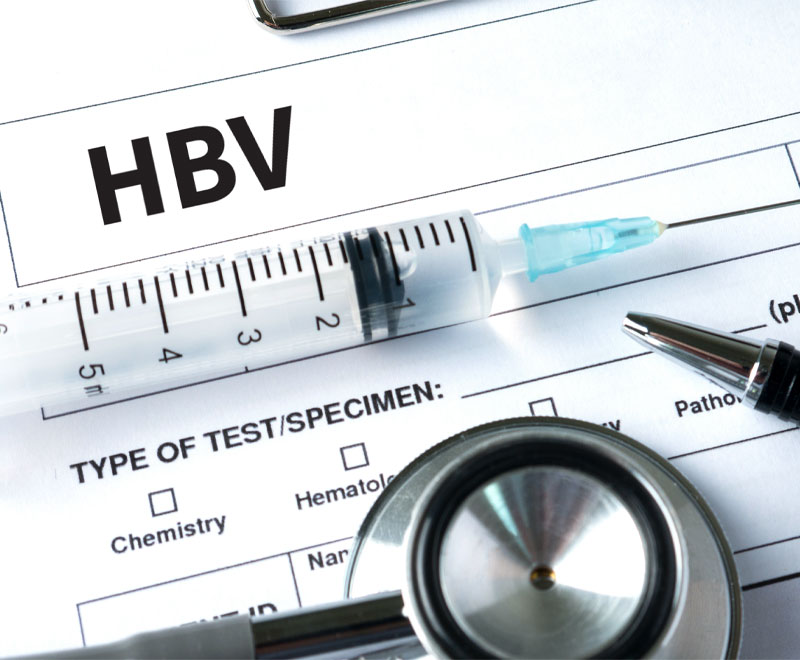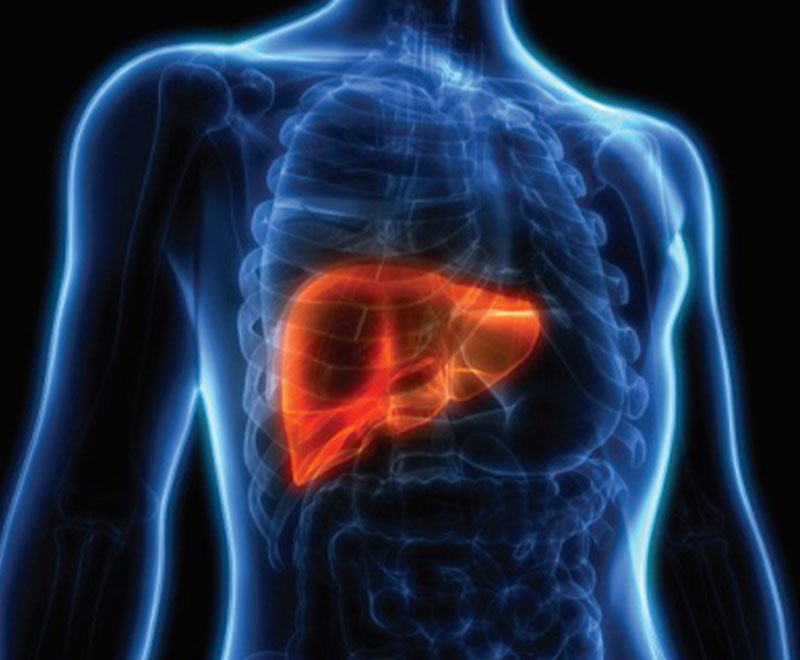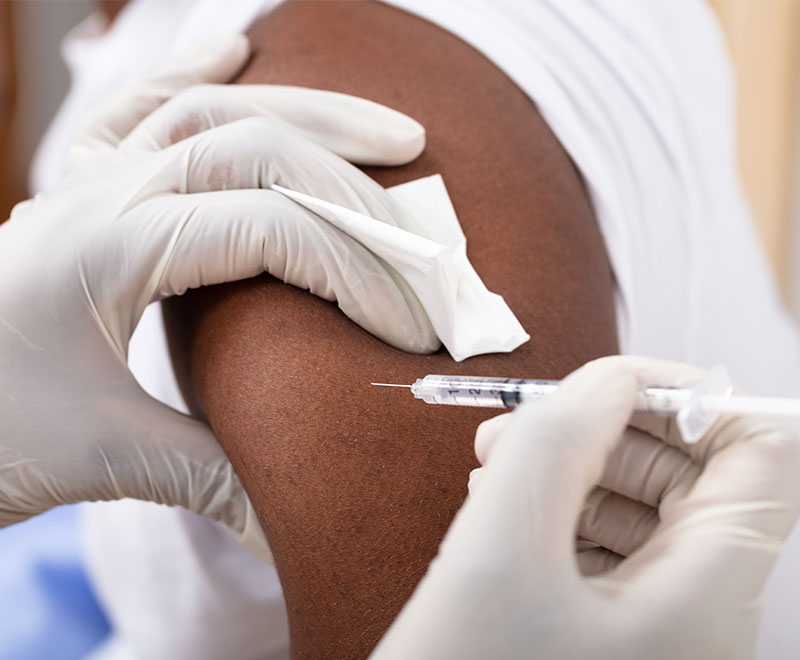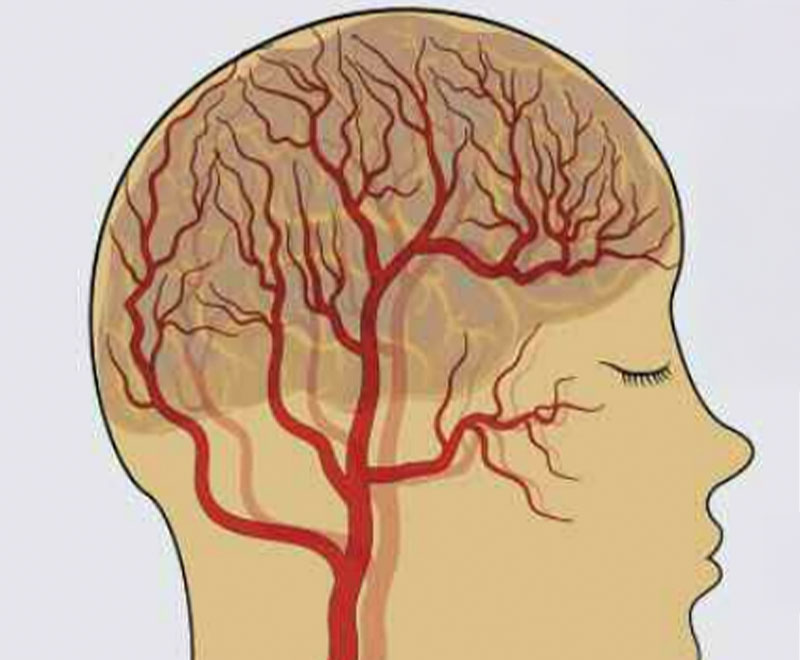Trivalent HBV Vaccine Superior in Efficacy in Adults 45 Years and Older

A Phase III study has found a trivalent hepatitis B virus (HBV) vaccine demonstrated superiority in adults 45 years and older and noninferior in adults older than 18 years compared with a monovalent vaccine.
Plasma-Derived ApoA-1

Findings suggest CSL112 can boost cholesterol efflux capacity in patients with impaired endogenous HDL function. Encouragingly, several studies have documented its ability to reduce atherosclerotic plaque volume.
NIH to Evaluate Experimental Adjuvants for Seasonal Influenza Vaccine

The National Institutes of Health (NIH) is conducting an early-stage clinical trial to evaluate the safety and efficacy of two licensed seasonal influenza vaccines administered with or without novel adjuvants.
Anti-Influenza Hyperimmune Immune Globulin Not Effective in Hospitalized Adults with Influenza Infection

A trial was conducted to assess the safety and efficacy of hIVIG (in conjunction with standard care) in adults hospitalized with laboratory-confirmed influenza A or B infection.
Improving Access to Clinical Trial Data

To advance scientific discovery and improve patient outcomes, new programs being introduced to increase transparency in data collection and patient engagement are on the rise.
Grants Awarded to Fund New Clinical Trials for Products to Treat Rare Diseases

The U.S. Food and Drug Administration (FDA) has awarded 12 new clinical trial research grants to principal investigators from academia and industry totaling more than $18 million over the next four years to enhance the development of medical products for patients with rare diseases.
Chronic Human Albumin Therapy Prolongs Survival in Patients with Decompensated Cirrhosis

Results from a clinical trial have led investigators to conclude adding longterm administration of human albumin to conventional treatment inpatients with decompensated cirrhosis appears to prolong survival.
Cognitive, Behavioral and Neuroinflammatory Parameters Improve in Autistic Children Treated with Intravenous Immune Globulin

A pilot study conducted by U.S. investigators observed improvements in cognitive and behavioral function in 14 children with autism spectrum disorder and evidence of immune dysfunction who were administered high-dose intravenous immune globulin (IVIG) treatment over a period of 30 weeks.
SCIG Therapy Is Cost-Saving Versus IVIG in Canadian Study of Primary Immunodeficiency Patients

This first-ever prospective economic analysis by Canadian investigators found that home-based subcutaneous immune globulin (SCIG) therapy was associated with significantly lower average total nondrug costs than hospital-based intravenous immune globulin (IVIG) therapy for patients with primary immunodeficiency disorders.
Plasma Exchange with 5% Albumin Associated with Marked Stabilization of Brain Perfusion in Alzheimer’s

Plasma exchange with 5% albumin replacement was associated with marked stabilization of brain perfusion in patients with mild to moderate Alzheimer’s disease during a 21-week treatment period and reduced perfusion loss compared to control subjects at six-month follow up, according to findings from a sham-controlled Phase II clinical trial.